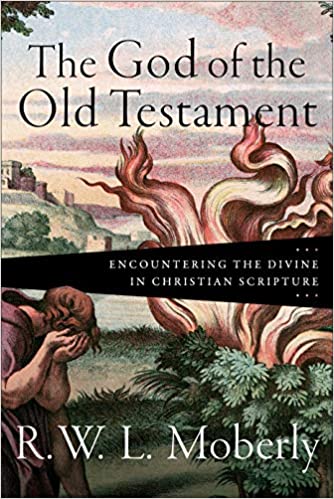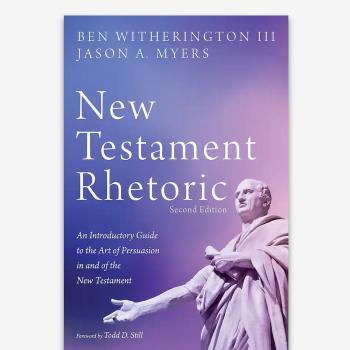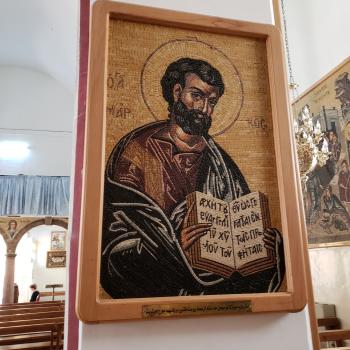Q. Let’s talk about your affirmation of the definition of monotheism on p. 182. This is a subject you’ve dealt with at length, though I wonder if you’ve interacted with Richard Bauckham’s idea that when Jesus is called God in the NT what is meant is that he shares in the divine identity, and that the ‘oneness’ referred to in the OT is not about ontology or the number of persons in the Godhead. This would seem to be supported by your remark that “monotheism is about the nature of divinity not about the number of divinities; it’s a matter of quality not quantity; it’s not a matter of counting but of power”. Put another way, Yahweh is the only living God who can actually act like God should act, being almighty, whatever other supernatural or divine beings are out there. Can you unpack this for us, since you are not entirely happy with the label monotheism to describe what we find in the OT (and the NT as well perhaps)?
A. I’m happy (as usual!) with what Richard Bauckham proposes. Generally speaking, we need some serious rethinking about what it means to worship “the one God”. One of the problems with the seventeenth-century term “monotheism” is that it can too easily be a matter of numbers in one’s head (one, two, or many…?) in a way that overlooks the centrality of allegiance, loyalty and commitment to a sole supreme recipient. I’ve tried to say more about this in the first chapter of my Old Testament Theology (Baker Academic, 2013), where I discuss the interpretation of the Shema, the core OT affirmation that the LORD is “one” (ehad).

















